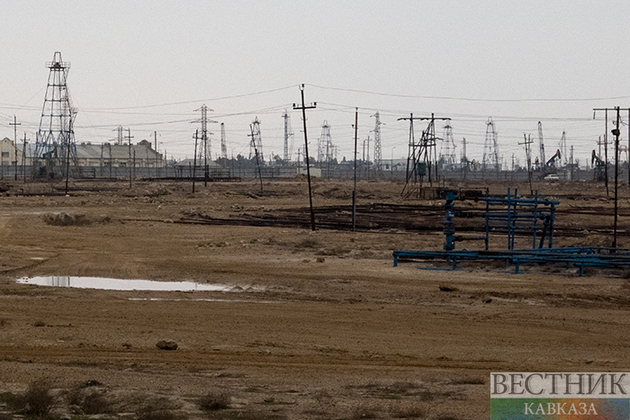G7 energy ministers have called on the Opec group of oil producing countries to pump more oil as an answer to Russia’s special operation in Ukraine pushes crude prices to their highest levels in a decade. The call was contained in the final communique of a meeting of G7 energy and environment ministers in Germany, which holds the rotating presidency of the group of advanced industrial economies, Financial Times writes.
The ministers noted that the current situation had triggered an increase in prices for oil, gas and coal, stoking a surge in inflation that was putting huge strain on low-income households as well as businesses and industry. “We call on oil and gas producing countries to act in a responsible manner and to respond to tightening international markets, noting that Opec has a key role to play,” the ministers said.
They also said it was a matter of “special urgency” for the EU to decrease its dependency on Russian natural gas, and stressed the important role increased supplies of liquefied natural gas (LNG) could play “in order to mitigate potential supply disruptions of pipeline gas, especially to European markets”.
Earlier this month, G7 leaders committed their countries to phasing out their dependency on Russian energy, including by banning imports of Russian oil. The EU is also discussing the option of an embargo on Russian crude, though Hungary is opposed.
Despite the G7’s common position on oil, it is unclear whether oil producing countries will heed their call for more action. Saudi Arabia has been resisting western pressure to accelerate production increases to help bring down prices, insisting there is no lack of supply.
The Opec+ group, which includes Russia, slashed production as part of output agreements made during the pandemic, before restoring it gradually at a rate of 400,000 barrels a day each month. Oil prices have almost doubled in the past year to trade close to $120 a barrel, the highest level since 2014, leading to criticism of Gulf states such as Saudi Arabia with spare production capacity. The kingdom is also not backfilling quotas for members that have struggled to restore production, leaving many to argue the group has left the market short of supplies.
Saudi Arabia signalled this month that it would stand by Russia as a member of Opec+ despite tightening western sanctions on Moscow. Prince Abdulaziz bin Salman, the Saudi energy minister, said Riyadh was hoping “to work out an agreement with Opec+ . . . which includes Russia”, insisting the “world should appreciate the value” of the alliance of producers.
His comments were an important sign of support for Russia from a traditional ally of the US, and came amid intensifying efforts by the west to isolate Moscow and falling Russian oil production.
The G7 ministers also pledged for the first time to decarbonise their electricity sectors by 2035 and eventually phase out coal power generation, part of efforts to reduce greenhouse gas emissions. That represents a significant move by G7 member states Italy, Japan and Canada. The US and Germany already had a 2035 target for zero carbon electricity and the UK’s target is earlier.
But the ministers stopped short of promising to end coal power by 2030, a proposal that had been pushed by Berlin. The pledge was removed because of opposition from the US and Japan, according to people familiar with the discussions.
The communique commits the G7 to a goal of “achieving predominantly decarbonised electricity sectors by 2035” and to “concrete and timely steps towards the goal of an eventual phaseout of domestic unabated coal power generation”.






